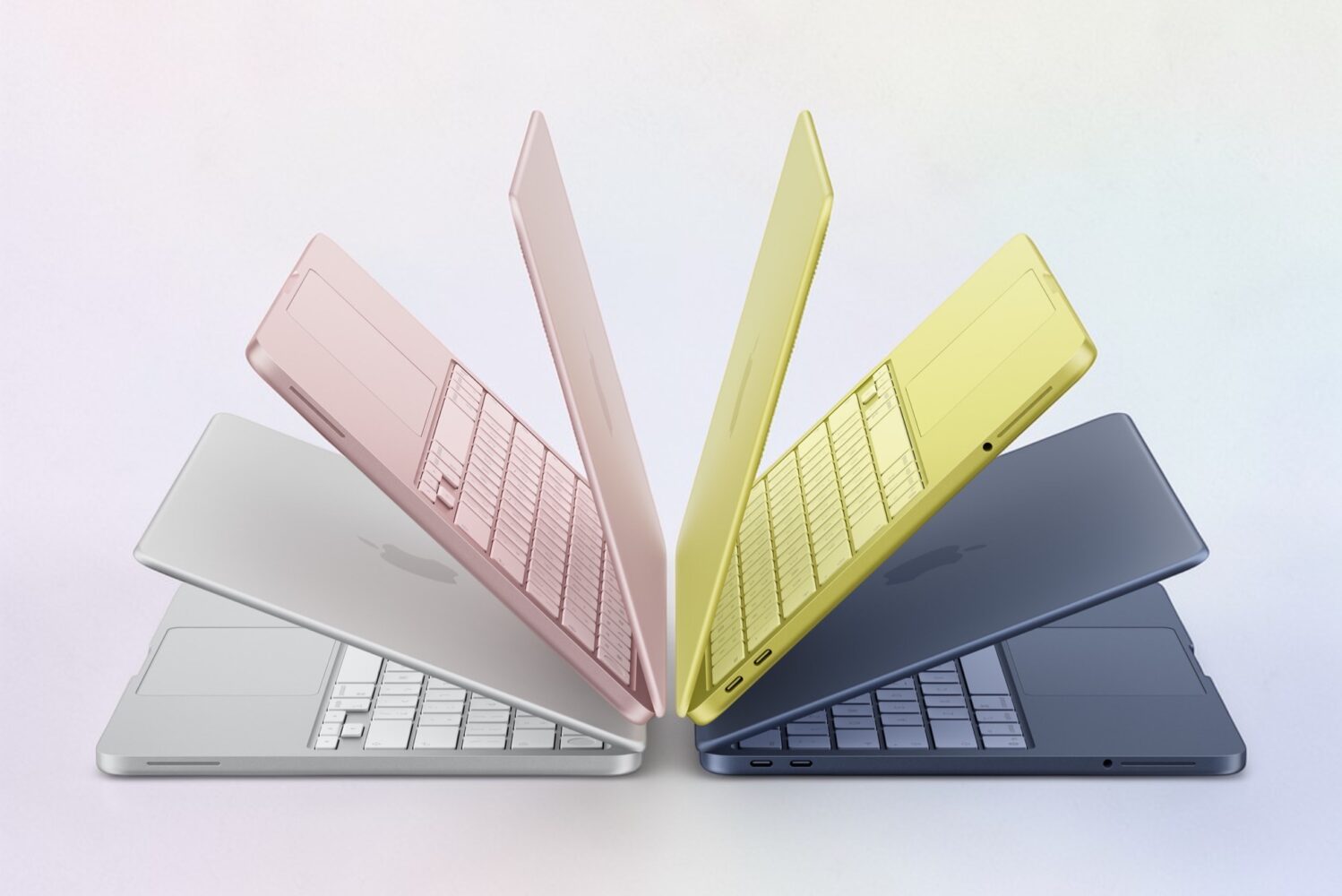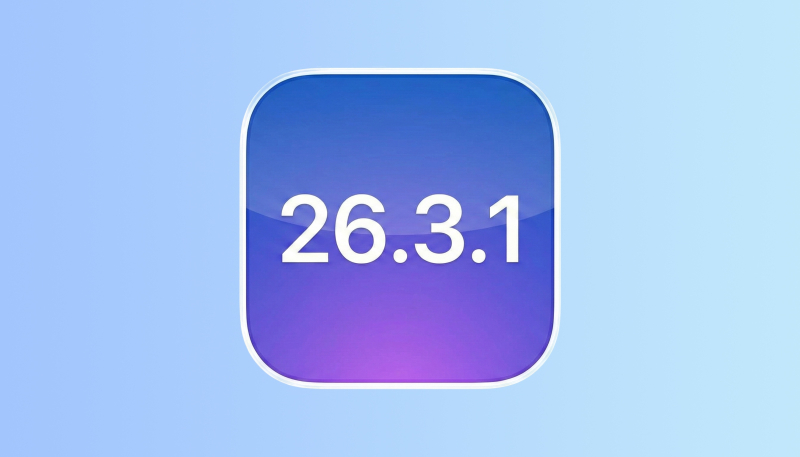ByteDance, the parent company of TikTok, is reportedly developing its own mixed reality (MR) goggles through its VR subsidiary Pico, in a move that would position the Chinese tech giant directly against Meta’s next-generation AR/MR offerings. According to a report from The Information, the device aims to deliver immersive experiences with a lightweight form factor—suggesting ByteDance may be targeting the next evolution of head-worn computing.
Unlike traditional VR headsets, ByteDance’s goggles are designed to be small and light—comparable in size to the Bigscreen Beyond, which weighs less than 0.3 pounds. This minimal profile is made possible by offloading the device’s processing to a separate “puck,” which connects to the goggles via a wired link. This approach echoes Meta’s own prototype AR glasses, codenamed Orion, which used a wireless puck to reduce the weight worn on the head during a 2024 demo.
While full specs are still under wraps, Pico is said to be developing custom chips specifically for this device. These processors would handle sensor data and reduce latency between a user’s physical movement and what’s rendered in the digital display—a crucial factor in delivering a convincing mixed reality experience.
This would mark a shift for Pico, whose previous products like the Pico 4 VR headset have aimed to compete with Meta’s Quest series by offering similar features at lower prices. The new goggles appear to signal a strategic pivot toward more compact, AR-forward hardware, potentially blurring the line between immersive wearables and everyday tech.
Meta, meanwhile, is also moving away from full-scale VR headsets. Following the launch of the Quest 3S, the company reportedly delayed development of the Quest 4 in favor of a lightweight MR device. Meta’s recent focus has shifted toward AI-enhanced eyewear, such as the Oakley Meta HSTN smart glasses, reinforcing the notion that compact mixed reality wearables may be the next frontier in consumer hardware.
It remains unclear when ByteDance’s mixed reality goggles will be released or which markets they might target. Current Pico headsets are not officially sold in the United States, and ByteDance’s ownership of TikTok has prompted scrutiny from U.S. lawmakers and regulators. That scrutiny could pose a significant challenge if the company aims to distribute new hardware in Western markets, particularly amid heightened geopolitical tensions and concerns about user data.
For now, the project underscores ByteDance’s broader ambitions in spatial computing and hardware, placing it among the growing list of tech giants—including Meta, Apple, and Samsung—investing in the future of augmented and mixed reality. Whether ByteDance can compete in this space beyond Asia remains to be seen, but with lightweight goggles in development, Pico may soon be more than just a VR brand.







